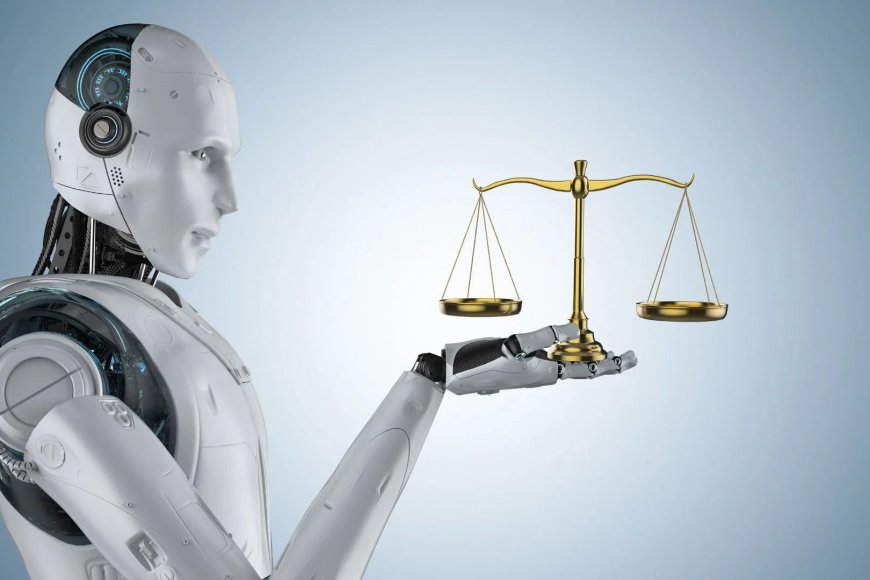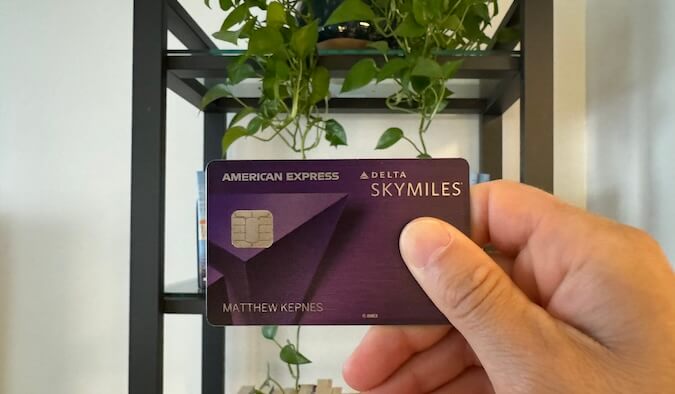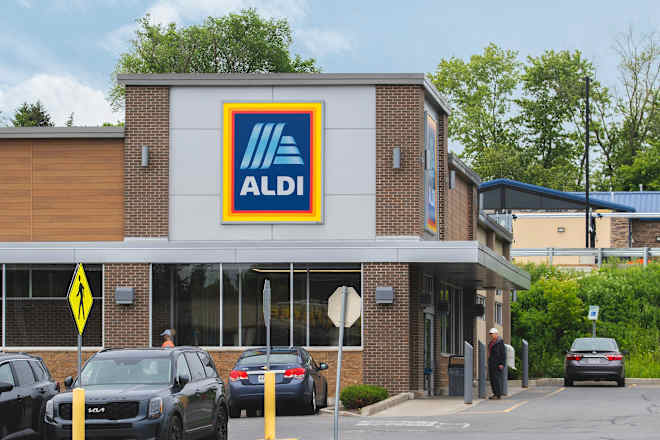OpenAI Lawyers Challenge Meta's Role in Musk's $97B Bid

In a surprising turn of events, OpenAI has disclosed that Elon Musk, the billionaire entrepreneur and co-founder of Tesla and SpaceX, recently held discussions with Mark Zuckerberg, the CEO of Meta (formerly Facebook). The focal point of their conversation? A staggering $97 billion acquisition proposal for OpenAI, the esteemed organization behind the groundbreaking AI model, ChatGPT.
This revelation comes at a time when the tech landscape is rapidly evolving, with AI emerging as a pivotal driver of innovation across various industries. OpenAI, which has positioned itself at the forefront of artificial intelligence research and development, has been making headlines for its cutting-edge technologies and ethical frameworks surrounding AI deployment. The implications of a potential acquisition by Meta—or any other tech giant—could significantly reshape the future of AI development and its integration into everyday life.
Elon Musk is no stranger to the AI conversation. He has often voiced his concerns regarding the unchecked development of artificial intelligence, warning of the potential risks associated with advanced AI systems. Musk co-founded OpenAI in 2015, aiming to promote and develop friendly AI that benefits humanity as a whole. His departure from the organization in 2018 raised eyebrows and led to speculation about the ideological differences that may have influenced his exit. However, Musk’s recent outreach to Zuckerberg suggests that his interest in AI—and particularly in OpenAI—remains strong.
On the other hand, Mark Zuckerberg has been vocal about his vision for the metaverse and the role that AI will play in creating immersive digital experiences. As Meta pivots from its traditional social media roots towards a more expansive metaverse vision, the integration of advanced AI technologies is seen as essential for enhancing user interactions and driving engagement. A collaboration or acquisition of OpenAI could provide Meta with the tools necessary to accelerate its ambitions in this new digital frontier.
The proposed $97 billion bid is not merely a figure thrown around casually; it reflects the increasing value placed on AI capabilities in today’s tech market. For context, OpenAI was valued at approximately $29 billion earlier this year following a significant investment round led by Microsoft. The discussions between Musk and Zuckerberg, therefore, indicate a recognition of OpenAI's potential and the crucial role it could play in shaping the future of AI and its applications.
Many industry analysts view this potential acquisition as a strategic move for Meta, allowing it to bolster its AI expertise and integrate advanced models like ChatGPT into its platforms. This could enhance user experiences across its social media outlets, enabling more sophisticated content generation, customer service solutions, and personalized advertising strategies. Imagine a scenario where your interactions on platforms like Instagram or WhatsApp are powered by AI that understands your preferences and behaviors in real-time. The possibilities are both exciting and daunting.
However, this potential takeover does not come without its challenges. Regulatory scrutiny is likely to be a significant hurdle. The tech industry is currently under a microscope as governments around the world grapple with issues of market monopolization and data privacy. The merger of two powerhouses like Meta and OpenAI would undoubtedly attract the attention of regulatory bodies in the U.S. and beyond, raising questions about competition and ethical considerations in AI development.
Moreover, the cultural dynamics between the two CEOs could play a pivotal role in the success of such a merger. Musk is known for his ambitious, sometimes controversial, approach to technology, while Zuckerberg has focused on building a more interconnected digital ecosystem. Their differing philosophies on data usage, privacy, and the ethical implications of AI could pose challenges in aligning their visions for OpenAI’s future.
As discussions progress, the tech community is left to ponder the broader implications of this potential acquisition. If successful, it could mark a significant shift in how AI technologies are developed and deployed. The partnership could also set a precedent for future collaborations between major tech players in the quest for AI supremacy.
For consumers and businesses alike, the impact of such an acquisition would be profound. Enhanced AI capabilities could lead to unprecedented advancements in automation, customer interaction, and data analysis, ultimately driving innovation across countless sectors. However, the ethical implications of merging social media with advanced AI technologies cannot be overlooked. As AI becomes more integrated into our daily lives, the questions of privacy, data security, and algorithmic bias will remain at the forefront of public discourse.
In the coming weeks and months, as more details emerge regarding the potential acquisition, stakeholders across the tech landscape will be watching closely. The outcome of Musk and Zuckerberg’s discussions could redefine not just the future of OpenAI, but also the trajectory of AI as a whole. With the stakes this high, the tech community may be on the brink of witnessing a transformative moment in the ongoing narrative of artificial intelligence.
Ultimately, whether this deal comes to fruition or not, the conversation sparked by Musk and Zuckerberg underscores the urgency for all stakeholders—developers, regulators, and consumers—to engage deeply with the ethical considerations surrounding AI. In a world where technology continues to evolve at breakneck speed, ensuring that AI serves humanity positively and equitably is a challenge that cannot be ignored.
What's Your Reaction?
 Like
0
Like
0
 Dislike
0
Dislike
0
 Love
0
Love
0
 Funny
0
Funny
0
 Angry
0
Angry
0
 Sad
0
Sad
0
 Wow
0
Wow
0






































